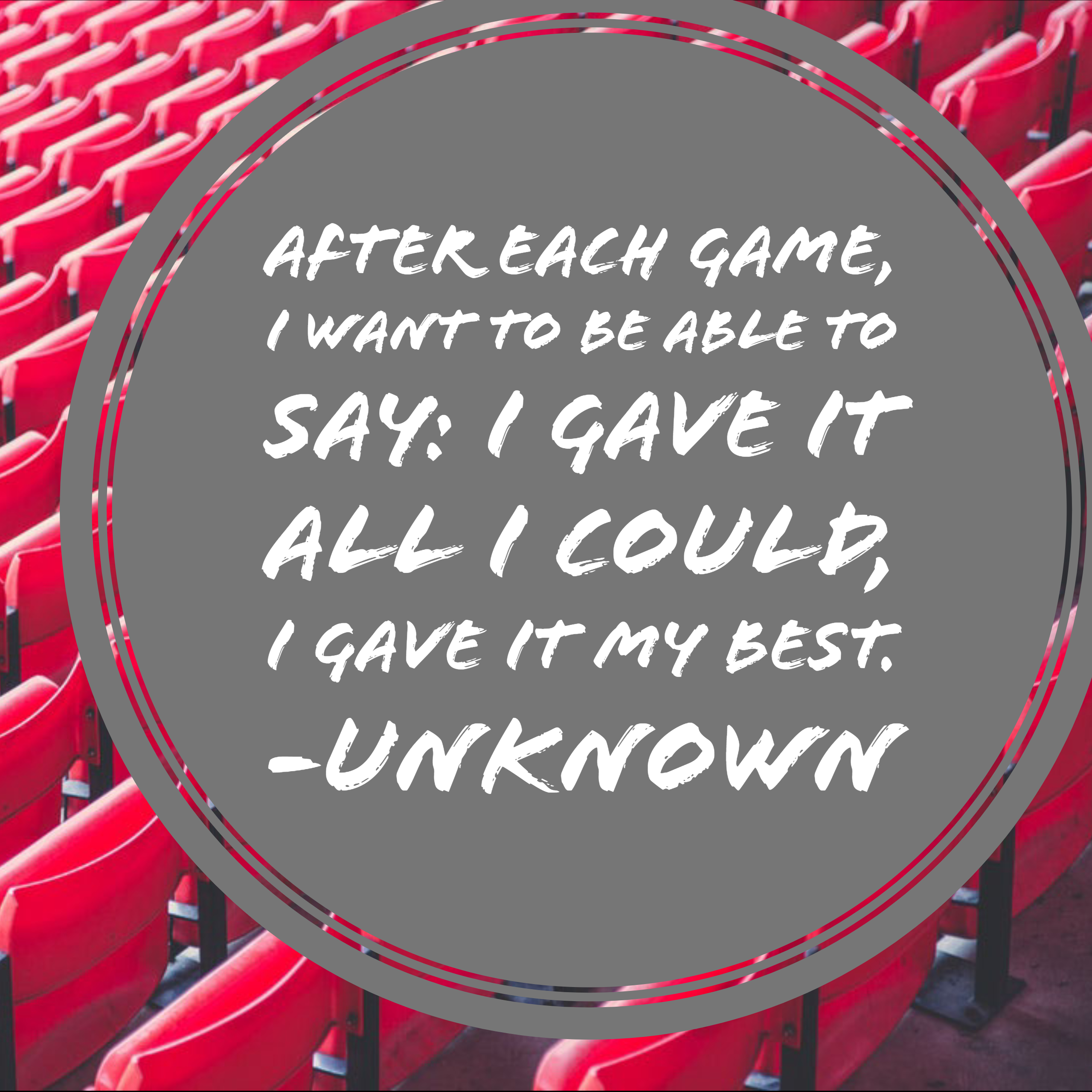If you have the desire to shed some pounds, it is imperative to design a weight loss plan that suits your needs. If you are not an exerciser, have a diet focused plan and vice versa. There are many things to think about, but the advice listed below should get you off to a good start in achieving the weight loss goals you have set for yourself.
First and foremost, make goals that are suitable for you. If you don’t diet very well, and can only tolerate moderate exercise, do not expect yourself to lose three pounds weekly. A reasonable and modest weight loss goal is one pound a week. If you set your goal too high, then you will only discourage yourself and ultimately give up on your weight loss dream.
Always keep in mind that you will not lose weight overnight. If you absolutely cannot escape the mentality of instant progress, track weight loss by small increments such as the tenth of a pound. Losing two tenths of a pound daily is a moderate and reasonable goal. Always remember that the goal is long term, say twenty pounds by time the summer ends. If you are not losing weight quickly don’t panic, there is still plenty of time left.
Try to set both long term and short term goals. The main goal could be to fit into a certain size dress by the end of the summer, or even to be able to go to the beach in a two piece. These are reasonable long term goals.
A checkpoint, or short-term goal, is something you want to achieve quickly. Perhaps a short-term goal could be to exercise thirty minutes today. As your deadline is today, it is a very reasonable short-term goal. Another easy and quick goal may be to lose two pounds each and every week. If you focus on each little goal you will provide yourself with the motivation and encouragement necessary to continue to lose weight.
Keep track of what you eat. The reason you are attempting to lose weight in the first place is because you had too much to eat, or the food you ate had a high caloric content. Keep a journal. Write down everything you eat, whether you have a snack, hamburger or drink. This will allow you to assess your patterns, and as such, you will be able to address them.
You need to know if you are succeeding or failing in your stated goals. Be sure to go back on occasion to check up yourself. If you find yourself failing or even overshooting your goals, go back and adjust your program of diet and exercise accordingly. Above all, be realistic with yourself.
Losing weight is a challenge, whether you want to lose five pounds or fifty pounds. Often times diets end before they have even begun due to a lack of motivation. This lack of motivation can be combated by setting reasonable and realistic goals. Always be honest with yourself, challenge yourself, and you should be able to reach your overall goals. – See more at: http://gotbalance.com/blog.php?c=231&id=709#sthash.zpcmjxWc.dpuf







